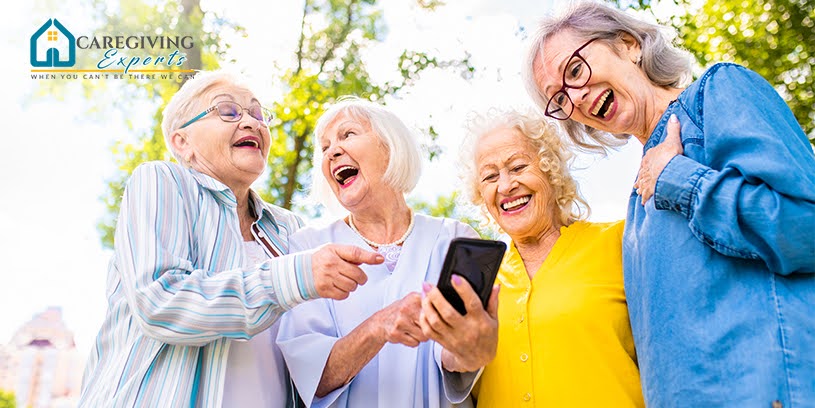Aging comes with unique challenges, and maintaining mental, emotional, and physical health becomes increasingly important. One often overlooked factor in senior well-being is the power of social interaction. In-home care services provide essential support and foster meaningful connections that can transform a senior’s quality of life.
Why Social Connections Matter
Humans are inherently social beings. The need for companionship and interaction is essential to leading a happy and fulfilling life. For seniors, this need becomes even more critical as they face challenges like reduced mobility, loss of loved ones, and health concerns. A lack of social interaction can lead to feelings of loneliness and isolation, which may contribute to mental health issues such as depression.
In contrast, positive social interactions can significantly uplift a senior’s mood, enhance their sense of purpose, and make daily life more enjoyable.
The Risks of Isolation for Seniors
Loneliness doesn’t just affect emotional well-being—it can also have physical and mental consequences. Seniors who experience chronic isolation are at higher risk of cognitive decline, weakened immune systems, and other health complications.
Moreover, feelings of loneliness can exacerbate existing conditions like high blood pressure or heart disease. Addressing these challenges requires creating opportunities for meaningful social engagement, which is where professional in-home care can make a difference.
How In-Home Care Fosters Connection
In-home care goes beyond providing physical assistance. Caregivers play a vital role in promoting emotional and mental well-being by offering companionship. Simple conversations, shared activities, and attentive listening can brighten a senior’s day and combat feelings of isolation.
Caregivers can also encourage mental alertness by engaging seniors in stimulating dialogue, puzzles, or hobbies. This helps maintain cognitive functions and keeps the mind active, contributing to overall health.
Enhancing Quality of Life Through Daily Support
In-home care services don’t just provide companionship; they also help with daily tasks that seniors may struggle with on their own. From preparing meals to assisting with personal hygiene, caregivers offer practical support that eases stress and boosts comfort.
This support not only improves the senior’s quality of life but also provides peace of mind for their families. Loved ones can feel reassured knowing their elderly family members are safe, cared for, and emotionally supported.
Creating a Brighter Future for Seniors
Encouraging social interaction through in-home care has a ripple effect. Seniors who feel connected are more likely to stay engaged in their communities, pursue hobbies, and maintain a positive outlook on life.
In-home care empowers seniors to continue living independently while enjoying meaningful interactions that enrich their daily experiences.
Final Thoughts
The impact of social interaction on senior health cannot be overstated. Companionship is not a luxury—it’s a necessity for emotional, mental, and physical well-being. Professional in-home care services provide an invaluable solution by combining essential daily assistance with opportunities for meaningful connection.
Investing in in-home care isn’t just about meeting physical needs; it’s about fostering joy, comfort, and a sense of belonging that enhances the lives of seniors and their families alike.
Connect with Experienced Caregiving Professionals
Ready to provide your loved one with the care and companionship they deserve? Contact the Caregiving Experts today and discover how we can enhance their quality of life.
Frequently Asked Questions
- What is in-home care, and how does it help seniors?
In-home care offers professional support with daily tasks, companionship, and emotional well-being to ensure seniors can live comfortably and independently. - How does social interaction benefit seniors?
Social engagement boosts mood, reduces feelings of loneliness, and promotes mental alertness, contributing to overall health and happiness. - Can in-home caregivers help with medical needs?
Many in-home caregivers can assist with medication reminders and basic health monitoring, but specific medical needs may require specialized healthcare providers. - How do I know if in-home care is right for my loved one?
In-home care is ideal for seniors who need help with daily activities, companionship, or safety but wish to remain in the comfort of their own homes. - How do I choose the right caregiving service?
Look for agencies with experienced caregivers, positive reviews, and services tailored to your loved one’s unique needs and preferences.


